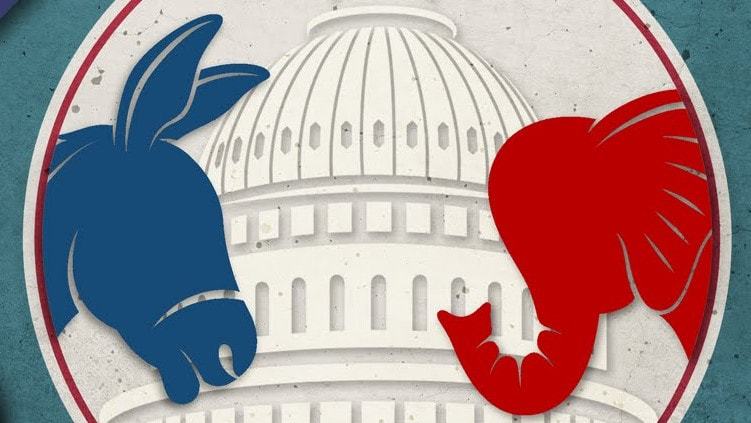|
The limits of how much good political parties can do for a people are once again being illustrated here in Louisiana, as the Republican Party leadership is quietly trying to kill legislation that would protect what is left of Christian culture in this State. The early leaders of the American union were unfriendly toward the idea of political parties. But it is a Spaniard, Victor Pradera (1872-1936), an enemy of the egalitarian revolutionaries who were ravaging his homeland, to whom we turn today to illustrate the true nature of political parties. He lets some of the politicians of his day hang themselves with their own words: ‘ . . . “minorities constituting the strength of parties have no other ideals and principles than those of their leaders, who become real dictators.” ’ Given the real failures and the real dangers that lie within political parties, it is very much in our interest of Louisiana and the other Southern States to find an alternative to this system. We can find it in the system of corporatism that existed prior to the rise of political parties. In this system, representation in government was according to the various institutions/organizations that made up a society - churches, the guilds that represented various private occupations (doctors, carpenters, mechanics, and so forth), and actual, historical political entities like cities above a certain population and parishes/counties. Each of these would be represented in the government, not a clump of people from make-believe, gerrymandered districts who have no organic attachment to one another. The corporatist system is closer to human reality, as society is not made up of separate, isolated individuals, but of people who exist within a complex matrix of connections: family, Church, neighborhood, job, region, etc.
Vice President John C. Calhoun, the great Southern statesmen from South Carolina (who is much maligned today by the Cancel Culture crowd, though he shouldn’t be), described the functioning of such a system in his Disquisition on Government. He also thought it the best way to establish representation in government, so that, using his analogy of a living organism, through the deliberation of all the different organs of the social organism, the whole body would act harmoniously, for the good of all. And to protect each part from injustice at the hands of a combination of some of the others, each organ/institution was to be given a veto over any proposal, so that only those measures which have the approval of the whole political body could be adopted. The idea of complete unanimity to advance legislation may be too difficult to attain in the current atmosphere (although perhaps for certain subjects it should be required); but a large supermajority, 3/4 or 4/5, should be required for the sake of achieving the common good. The rest, however, is sound. In Louisiana, for example, perhaps the House and Senate could be re-organized along these lines: The House could remain a dysfunctional body with representation by population from artificially drawn districts and controlled by political party tyrants if it so wished. The Senate, however, would consist of representatives chosen by the aforementioned organic institutions of Louisiana (those representatives would be chosen in whatever way the members of each of those institutions thought best, and each institution would have a single vote in the Senate, no matter how many delegates they sent to the upper chamber). Under such an arrangement, at least half the Legislature – i.e., the Senate – would stand a pretty good chance of operating effectively and honorably for the good of the whole State of Louisiana. And just maybe their good example and reputation would embarrass the members of the House to join them every now and then in enacting some truly good and helpful legislation. And since in Louisiana the Senate has lately been the place where good legislation dies, this kind of reform would be all the more salutary and welcome.
1 Comment
|
AuthorWalt Garlington is a chemical engineer turned writer (and, when able, a planter). He makes his home in Louisiana and is editor of the 'Confiteri: A Southern Perspective' web site. Archives
July 2024
|

